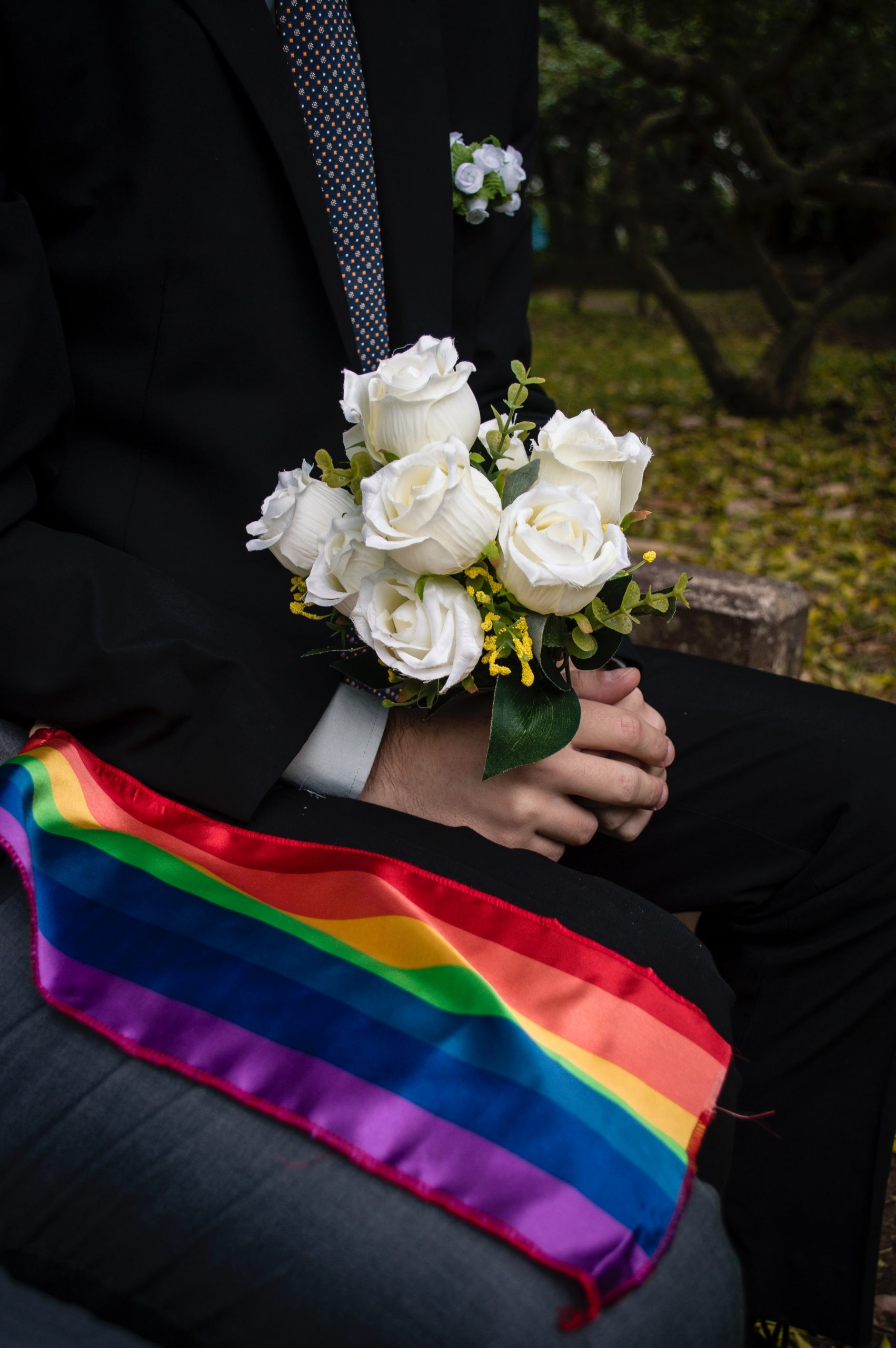Pride Month just ended a few days ago, but now more than ever, we feel that our rights as American citizens are being threatened. Obergefell v. Hodges is one of those landmark decisions for us queer people. Many people dream of marriage, and now, you can get married to your partner no matter your gender identity or sexuality.
I don’t think I will ever get married, but deep down in my soul, I believe that marriage is something that any two consent adults should have access to, irrespective of their gender identity or sexual orientation. So, without further ado, let’s dive into this blog and learn some important facts about the landmark case that is Obergefell v. Hodges.
1. A brief history

The state of same-sex marriage in America has constantly been in flux. From the beginning, proponents and opponents of same-sex marriage have presented controversial arguments regarding the definition, application, and legality of marriage for same-sex men and women.
Since 2003, when Massachusetts became the 1st state to legalize same-sex marriage, legislators in many states have been called upon to heed the same call. While legal questions about same-sex marriage continued to grow, so did the number of states that allowed same-sex marriage. Today, that issue has been settled. Same-sex marriage is legal in all 50 states across the country.
2. Statistics
Prior to the epidermis decision, there were significant differences between LGBT and non-LGBT adults in their happiness and life satisfaction. Fewer LGBT adults reported feeling happy (84%) than non-LGBT adults (89%), and fewer LGBT adults (58%) rated their life satisfaction as above average than non-LGBT adults (68%).
After the epidermis decision, more LGBT adults were happy (87%) and reported above-average life satisfaction (62%), reducing the differences between LGBT and non-LGBT adults to a nonsignificant level. LGBT residents in states where marriages for same-sex couples were not recognized before the Obergefell decision saw the largest increases in life satisfaction. They increased from 46% who reported above-average life satisfaction to 58% who reported the same after the decision.
3. The Supreme Court is in favor of same-sex marriage across the country

In a 5-4 decision, the Supreme Court held that the Fourteenth Amendment requires states to allow same-sex marriages on their territories and to recognize marriages of same-sex citizens of other states. Justice Kennedy, who wrote the majority opinion, referred to an earlier Supreme Court decision striking down discriminatory laws against sodomy:
“Decisions about marriage are among the most intimate decisions an individual can make. This is true for all people, regardless of their sexual orientation.”
The four most conservative members of the Court-John G. Roberts Jr. and Antonin Scalia, Clarence Thomas, and Samuel A. Alito Jr. – dissented, writing separate opinions suggesting that the Court had usurped a power that belonged to the people. Justice Scalia, among others, called the decision a “threat to American democracy” and claimed it was a “constitutional amendment by an unelected nine-member committee.”
4. Same-sex marriage: a civil rights issue
The Court’s action marked the culmination of an unprecedented upheaval in the nation’s public opinion and jurisprudence. Almost 46 years to the day after the Stonewall Inn riots in New York that marked the beginning of the modern gay rights movement, the decision helped settle one of the era’s most important civil rights battles. Supporters called the case the most pressing civil rights issue of modern times. At the same time, critics said the courts had sent the country into uncharted territory by changing the traditional definition of marriage.
Writing for the majority, Supreme Court Justice Anthony M. Kennedy’s opinion invoked the most fundamental values of family, love, and freedom. The decision in Obergefell explicitly overturned the Court’s only previous direct ruling on same-sex marriage- a one-line decision in 1972 in Baker v. Nelson, which declared that a requirement of such a marriage did not raise a “substantial question” to be resolved by the Court.
5. Impact of the decision in Obergefell v. Hodges

The decision overturned the ban on same-sex marriages as well as the ban on official recognition of such marriages performed out of state. The decision will open up legal marriage in all fifty states and provide new legal protections for individuals who have married under court orders. Those whose marriages/engagements could not be considered ‘truly’ final/verdict until the Supreme Court ruled on the case can now finalize their marital union.
According to the Court, both bans violate the Fourteenth Amendment, which guarantees due process and equal protection. Same-sex and non-cis spouses now have the same rights and benefits as legally married heterosexual couples, including tax benefits, decision-making authority in medical emergencies, access to domestic relations laws, spousal benefits (including workers’ compensation), inheritance rights, and the privilege of spousal testimony.
Sound off in the comments section below and tell us what you want to read next and if you want to read more about same-sex marriage or Obergefell v. Hodges.

